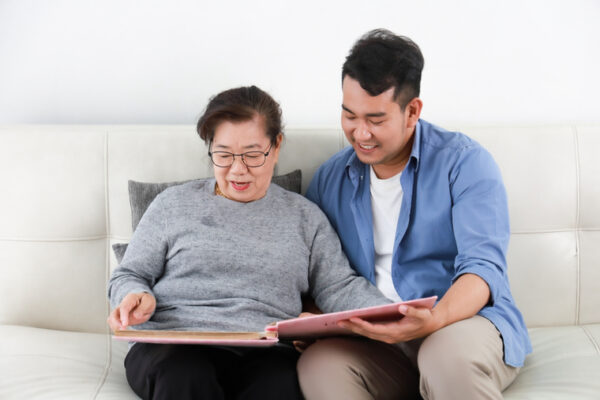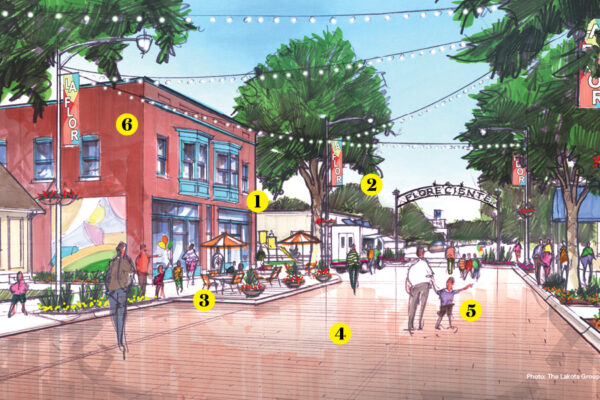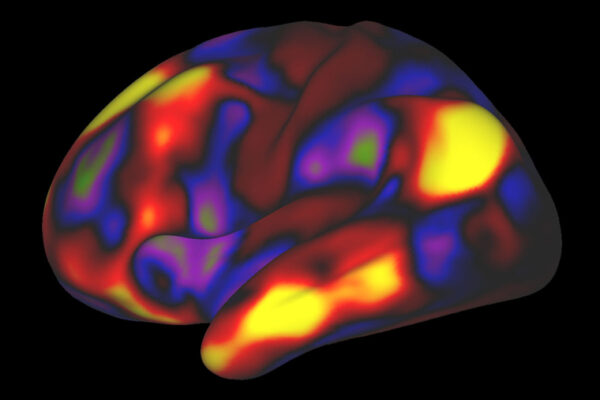During the height of the COVID-19 pandemic, it wasn’t unusual to see and hear public health announcements geared toward older populations because they were more susceptible to severe illness.
Over and over, older adults were referred to as “vulnerable.”

Meghan McDarby, a former PhD student, Catherine Ju, a former undergraduate student, and Matthew Picchiello, a current graduate student, all at Washington University in St. Louis, wanted to know if older adults saw this kind of language and the ways in which they were represented, overall, as paternalistic and ageist.
Working in the lab of Brian Carpenter, a professor of psychological and brain sciences in Arts & Sciences, the group found that in general, older adults did not see the messaging as negative, but rather as an indication that society cared about them.
That isn’t to say that the research did not bring up complicated feelings among older adults.
Their results were published Sept. 10 in the Journal of Social Issues.
McDarby, now a postdoctoral research fellow at Memorial Sloan Kettering Cancer Center in New York, said the research questions were framed in terms of a theory that suggests that one set of stereotypes about older adults paints them as warm and kind, but also helpless and incompetent.
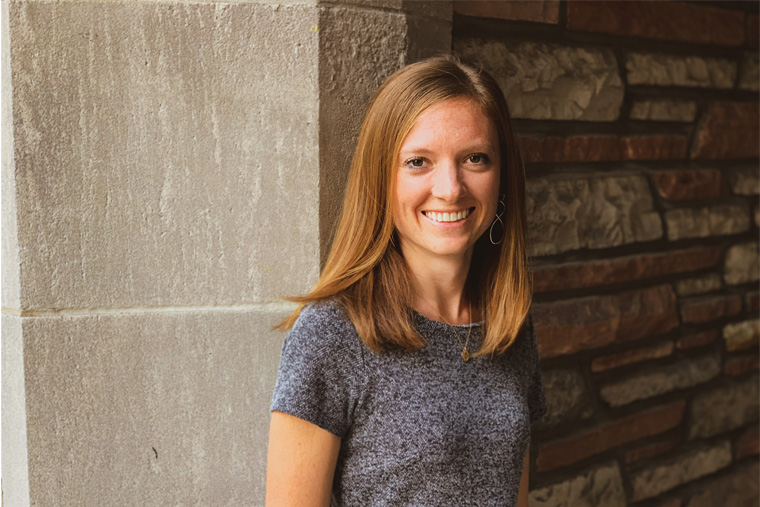
“Younger people see older adults as friendly, kind and compassionate,” she said, “but also as lacking in skills and helpless.” McDarby thought she could see hints of these negative age stereotypes — which research suggests have associated negative effects on older adults’ physical and mental health — in the messaging around COVID.
“While there was factual evidence that older adults were being hospitalized at higher rates,” she said, “a lot of the messaging was ageist, highlighting their frailty and dependence when, in fact, many older adults were weathering the pandemic with resilience. Images of nursing home residents touching the glass on the other side of their families with sad music come to mind. We wanted to know if older adults were seeing these things the same way scholars were seeing it.”
The good news is that most older adults did not in fact see messaging around COVID-19 as ageist or based in negative stereotypes about them. “To some extent, I was surprised,” McDarby said. “But it didn’t seem, globally, that older adults were negatively affected.”
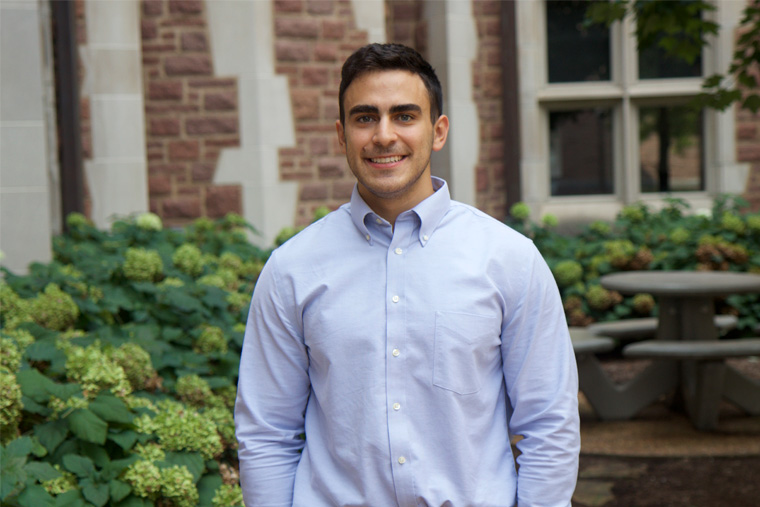
Using data Picchiello had collected as part of a longitudinal study he’s working on about COVID information and older adults, the research team recruited 75 participants, who were interviewed by phone and later filled out surveys. They were asked both about how they saw messaging in relation to stereotypes as well as how, if at all, they felt behaviors enacted toward them by other people had changed. And if they noticed changes, did they seem to be rooted in care or condescension?
Ultimately, most older adults in the study thought that the efforts showed that people cared about older adults. In fact, depending on the specific message, about 60% to 70% of participants said they viewed messages as being motivated by care and concern. More than 60% said friends and family had checked in unexpectedly; nearly all participants viewed this in a positive light.
Phone interviews pointed to a potential reason most participants weren’t offended by messaging which, many of them said, did misrepresent older adults: They didn’t think of themselves as older adults.
“There was a protective factor that was stopping them from over-identifying with the people being portrayed in the media,” McDarby said.
Or, as one 65-year-old woman put it: “They’ve blocked all people 65 and older into so-called “elderly,” and I walk two miles a day and I am on zero medication, so I feel like my health is excellent and I don’t feel old!”
While participants’ attitudes were positive overall, that’s not to say that they were unaffected by pandemic messaging. People who hadn’t previously considered themselves part of an “older” age group were being reminded over and over again that, in fact, they were.
“You know, it hit me like a brick that I’m getting older than the general population. You know, I never felt that old until I started seeing all these stories about older people,” a 69-year old participant said during his interview.
Pandemic messaging, it seemed, did not devalue older adults, but it led some people to face the fact that they were, indeed, older adults.
“As scientists, we’re studying ageism that we think is out there, which we’re upset about because we think it devalues older adults,” Carpenter said. “But I think sometimes we forget to stop and ask whether the phenomenon that we think is so damaging is actually experienced that way by older adults.”
